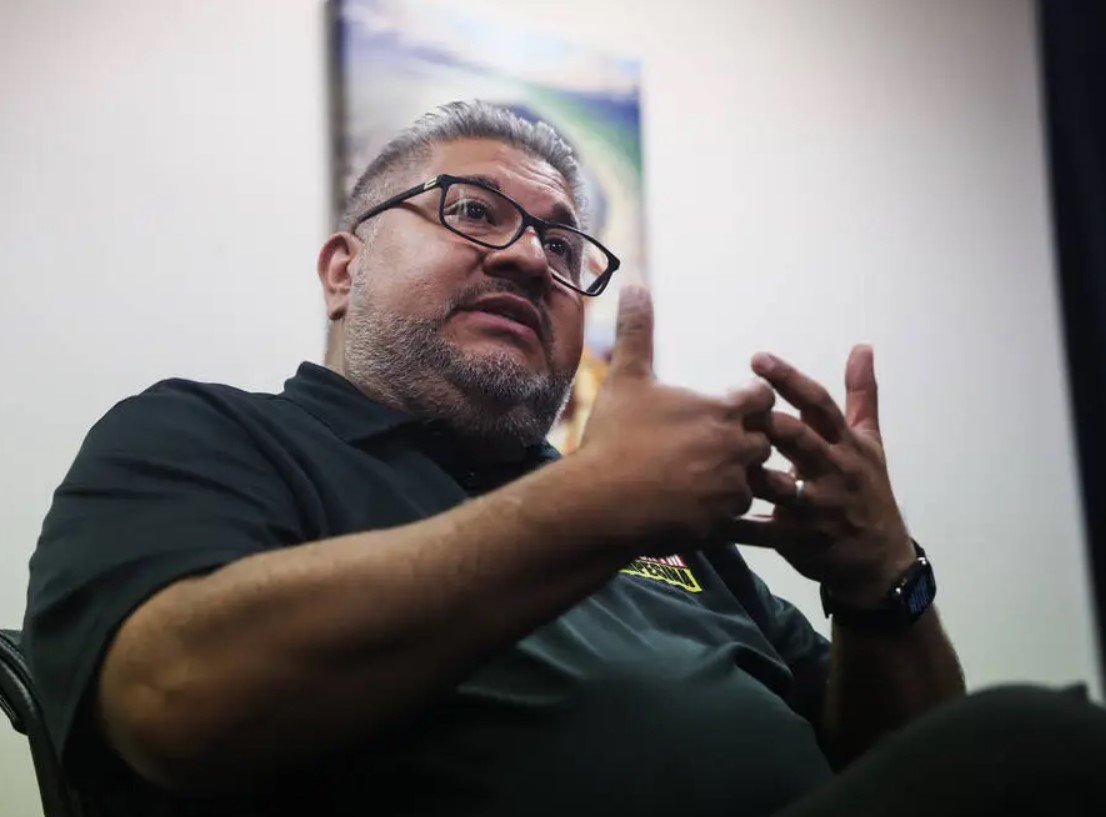
Experts in the field outlined the three types of falsehoods they combat: misinformation, when someone innocently shares false information without knowing it’s inaccurate; disinformation, shared by bad actors who know it’s fake, and mal-information, when facts are maliciously twisted out of context.
“At the end of the day, we see all of this as information fraud and harmful to the public,” said Randy Abreu, policy counsel for the National Hispanic Media Coalition. “When it’s not taken seriously, it’s going to spread.”
Abreu expressed the need of empathy and compassion when addressing someone who unknowingly spreads lies. Instead of chastising them, he said, people can inquire where they got the information and how they reached their conclusion.
Also founded during the pandemic, the alliance has dedicated robust efforts to counter falsehoods during election seasons, such as outreach, policy, polling, analysis and research, Abreu said.
Researchers found that during the health emergency, about 70 percent of false information in English spread on Facebook was flagged and removed, compared with 30 percent of Spanish-language misinformation, according to Abreu.
During the 2022 midterms, falsehoods in Spanish also spread through radio, news websites and the mail, said Abreu, adding that he doesn’t expect that to change this year.
In the run-up to the 2022 elections, NHMC joined a lobbying effort by the “Spanish Language Disinformation Coalition” to push for changes in bilingual moderation at social media sites.
